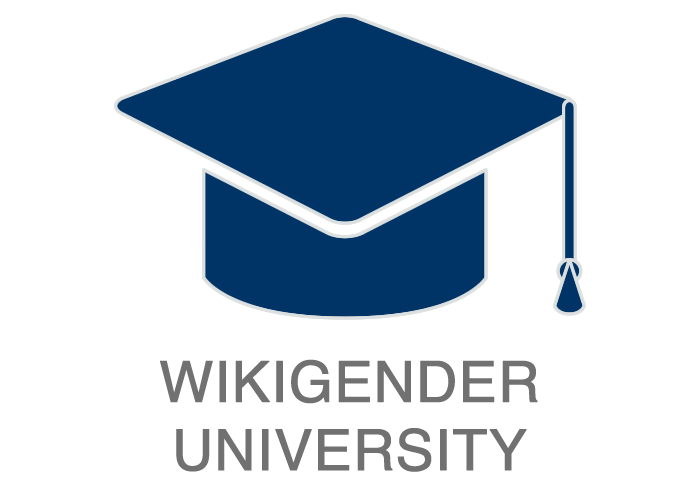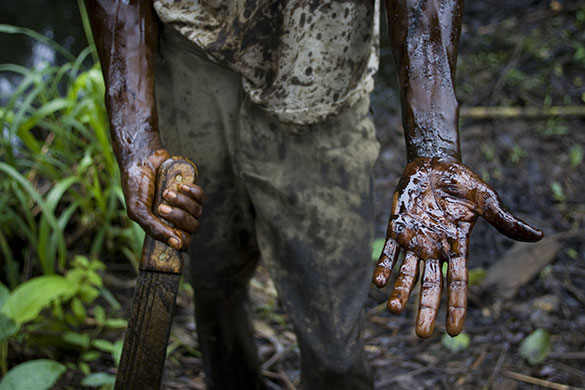Federation of Ogoni Women’s Association


FOWA
The Federation of Ogoni Women’s Associations (FOWA) is one of the most effective women’s movements in Africa. The aims are ensuring cultural survival and environmental justice.
The Ogoni People
The Ogoni are an indigenous ethnic group in the oil rich Niger Delta of Nigeria . Its 500,000 people live in an area of approximately 404 square miles. The people depend on fishing, farming, and trading for sustenance. This close relationship with the land means Ogoni communities have placed strong emphasis on the care of the environment, believing it to be the life-giving source of the people and the dwelling place of their ancestors.
Issues in Niger Delta
The Ogoni witnessed their farmland being expropriated without compensation for oil extraction and faced no alternative means of survival. Pipelines crisscrossed valuable farmland and poisonous gases have been released close to communities due to flaring. Aging oil equipment often failed and leaked oil into communities and farms without adequate clean-up or compensation.
Time Line
January 4th, 1993, Ogoni people protested nearly four decades of environmental devastation by the Shell oil company. Over 300,000 people participated from a total Ogoni population of 500,000. No violence was recorded.
April 28th, 1993 was the first attack on a woman. The company Wilbros (hired by Shell) and part of the Nigerian military attacked a woman named Mrs. Karalole who was trying to defend her land. She had to have her arm amputated because of a bullet wound she received. Others were seriously wounded and a man, Mr. Atu, was shot dead.
In June 1994 attacks by the ISTF were devastating. Rape and repression against women worsened.
April 25th, 1997, FOWA established their resolution against Shell for the injuries they have caused to the Ogoni people. It stated “It is resolved that Shell cannot and must not be allowed in Ogoni…we say no to Shell as it remains Persona non grata in Ogoni.”Cultural Survival
FOWA’s Actions
Aside protests, one of the main programs was created to inform and educate young Ogoni women about sexually transmitted diseases and birth control (prostitution was on the rise believed to have some link with the oil industry). There is also a huge advocacy for a cultural Ogoni revival.
There are 126 branches of FOWA, and one in every Ogoni village. In January, 1997, an international office was set up in Toronto, Canada. FOWA also has offices in St. Louis, Missouri and Ohio.


